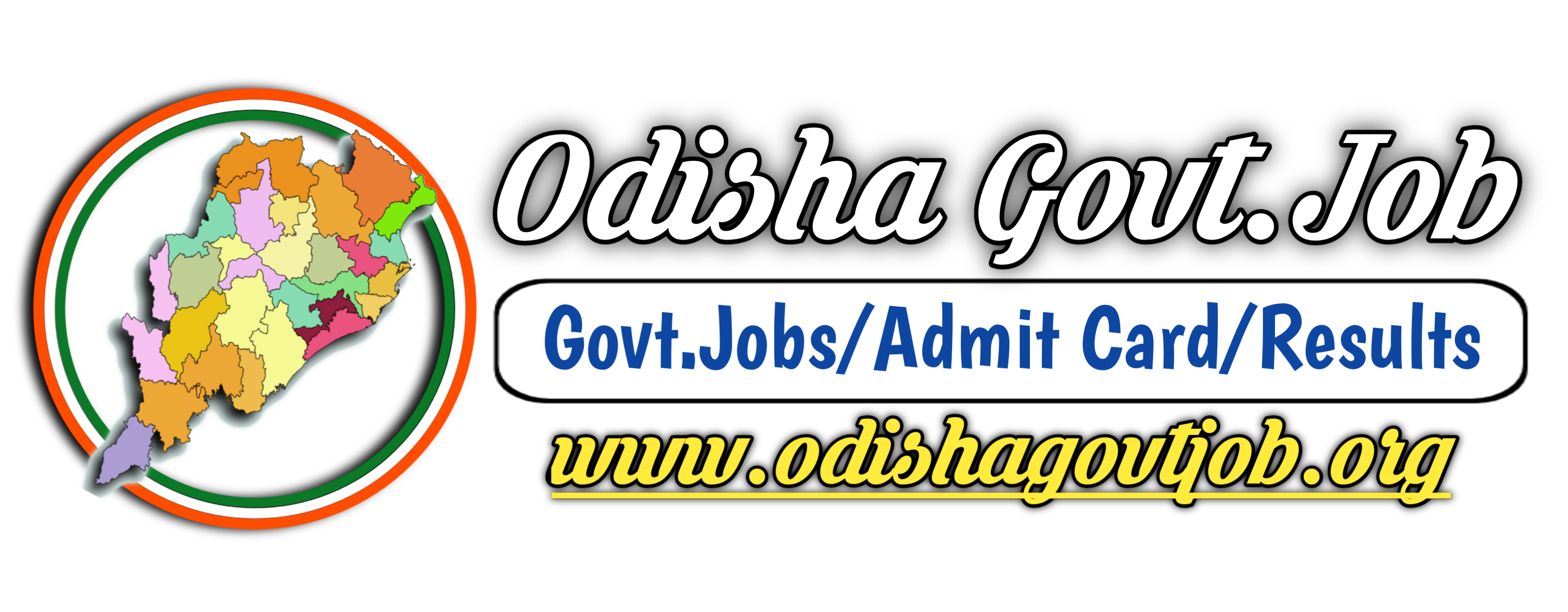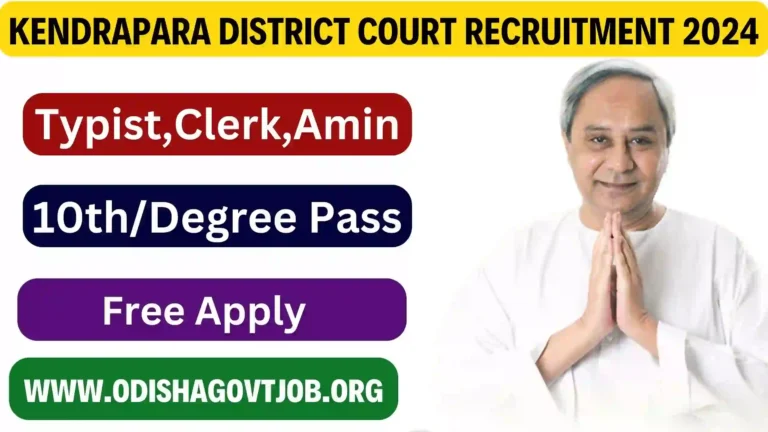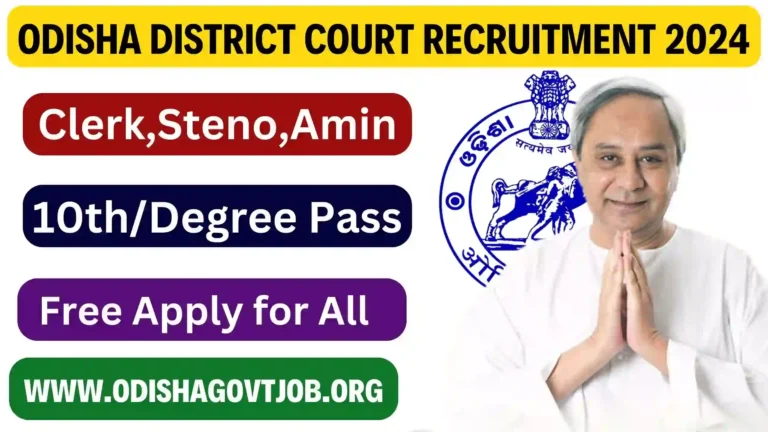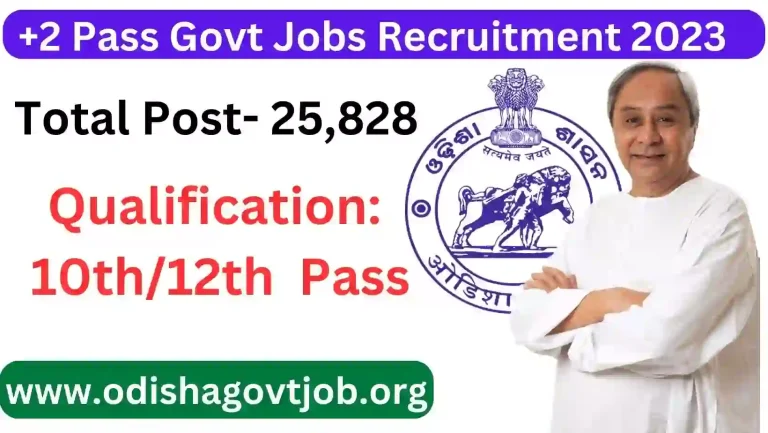Motorcycle Accident lawyer jobs
If you’re interested in pursuing a Motorcycle Accident Lawyer job, you’re essentially looking at a legal career focused on representing individuals who have been injured in motorcycle accidents. This role is typically part of the personal injury law field, but with a specialized focus on motorcycle-related crashes. As a motorcycle accident lawyer, your responsibilities would involve helping clients secure compensation for their injuries, medical costs, property damage, lost wages, and pain and suffering.
Key Responsibilities for a Motorcycle Accident Lawyer:
- Client Consultation:
- Initial Meetings: Meeting with accident victims to discuss their case, gather details about the accident, injuries, and any evidence.
- Case Evaluation: Assessing the strength of the case based on the details of the accident (who was at fault, the extent of injuries, the evidence available) and providing guidance on next steps.
- Investigation and Evidence Gathering:
- Accident Scene Analysis: Gathering police reports, witness statements, and photographs from the scene of the accident.
- Medical Documentation: Collecting medical records to understand the extent of the client’s injuries, ongoing medical needs, and the impact of the injury on the client’s life.
- Expert Testimony: In some cases, working with accident reconstructionists, motorcycle safety experts, or medical professionals to build a strong case.
- Negotiation with Insurance Companies:
- Dealing with Insurers: Negotiating with the at-fault party’s insurance company or the insurance company representing the client (if applicable) to secure a fair settlement.
- Settlement: Negotiating settlements that cover medical costs, lost wages, pain and suffering, and other damages. If the insurer’s offer is inadequate, the lawyer may push for a higher payout or take the case to court.
- Litigation (if necessary):
- Filing a Lawsuit: If negotiations fail, the lawyer may file a personal injury lawsuit, representing the client in court to secure a judgment.
- Pre-Trial Motions and Discovery: Managing the pre-trial phase, including gathering evidence, conducting depositions, and responding to motions.
- Trial Preparation and Representation: Presenting the case in court, questioning witnesses, presenting evidence, and making legal arguments to win the case for the client.
- Post-Judgment Actions:
- Collecting Compensation: Ensuring that the client receives the compensation awarded, either through settlement or a court judgment.
- Appeals: If the verdict is unsatisfactory to either party, handling the appeals process, if necessary.
- Client Communication and Support:
- Ongoing Communication: Keeping the client informed about the progress of the case, explaining complex legal terms and proceedings in an understandable way.
- Emotional Support: Providing guidance and understanding during what can be a challenging and emotional process for accident victims.
Skills and Qualities Needed:
To be successful as a motorcycle accident lawyer, you need a combination of legal expertise and specific skills:
- Legal Expertise:
- A thorough understanding of personal injury law, particularly laws related to motor vehicle accidents.
- Familiarity with motorcycle safety laws and relevant traffic regulations.
- Knowledge of the local legal system and court procedures.
- Analytical Skills:
- Ability to analyze accident reports, medical records, and other evidence to build a strong case.
- Critical thinking to assess whether the defendant was negligent and how that negligence led to the accident.
- Negotiation Skills:
- The ability to effectively negotiate with insurance companies to ensure clients receive fair compensation.
- Good judgment about when to settle and when to take the case to trial.
- Communication and Interpersonal Skills:
- Strong ability to explain complex legal terms in simple, understandable language.
- Active listening to understand the client’s perspective and concerns.
- Persuasive communication for both settlements and litigation.
- Trial Advocacy:
- Experience presenting cases in court, including making legal arguments, cross-examining witnesses, and presenting evidence to judges or juries.
- Comfort with public speaking and courtroom dynamics.
- Empathy and Client Care:
- The ability to handle clients’ emotional needs and concerns, as motorcycle accident victims often face serious, life-altering injuries.
Types of Employers and Work Settings:
Motorcycle accident lawyers typically work in a few key settings:
- Personal Injury Law Firms:
- Many lawyers work at firms that specialize in personal injury law, focusing specifically on motorcycle accidents or motor vehicle accidents in general. Some firms may have a sub-specialty in motorcycle accidents due to the unique legal aspects involved.
- Solo Practice:
- Some lawyers choose to go into solo practice, handling motorcycle accident cases independently. This allows for more flexibility but requires strong business skills to manage the firm and clients.
- Insurance Companies:
- Although less common, some lawyers work for insurance companies, defending against claims made by accident victims. In this role, they represent the insurance company’s interests rather than the victim’s, defending against lawsuits or negotiating settlements on behalf of the insurer.
- Public Sector and Legal Aid:
- Lawyers in the public sector or at legal aid organizations may help individuals who are unable to afford private legal representation, focusing on accident claims, including motorcycle accidents, for low-income clients.
Education and Licensing Requirements:
- Education: A law degree (Juris Doctor, JD) from an accredited law school is required to practice law. Law school typically takes three years after earning a bachelor’s degree.
- Licensing: After law school, you must pass the bar exam in the state where you plan to practice. Each state has its own bar exam and licensing requirements.
- Specialization: While specialization in motorcycle accidents is not required, gaining experience or training in personal injury law is crucial. Many lawyers also attend continuing legal education (CLE) courses related to personal injury and motor vehicle accident cases.
- Experience: Many motorcycle accident lawyers start by handling general personal injury cases before focusing specifically on motorcycle accidents.
Salary and Job Outlook:
- Salary: According to PayScale, the average salary for a personal injury lawyer is around $70,000 to $130,000 annually, but this can vary widely based on location, experience, and the firm’s size. Lawyers working for large firms or those with significant experience can earn six-figure salaries or more, especially if they handle high-value cases.
- Job Outlook: The demand for personal injury lawyers, including motorcycle accident specialists, is generally strong. As traffic accidents continue to be a major cause of injury and death, there will always be a need for legal professionals to help victims navigate the complex claims and legal processes.
Conclusion:
A motorcycle accident lawyer job requires a combination of legal expertise, investigative skills, and compassion for accident victims. These lawyers specialize in handling cases where a motorcyclist has been injured due to the negligence of others, and they play a vital role in ensuring that victims are fairly compensated for their injuries and losses. Whether working in law firms, solo practices, or as part of a larger legal team, motorcycle accident lawyers can enjoy a fulfilling and lucrative career while making a significant difference in their clients’ lives.






